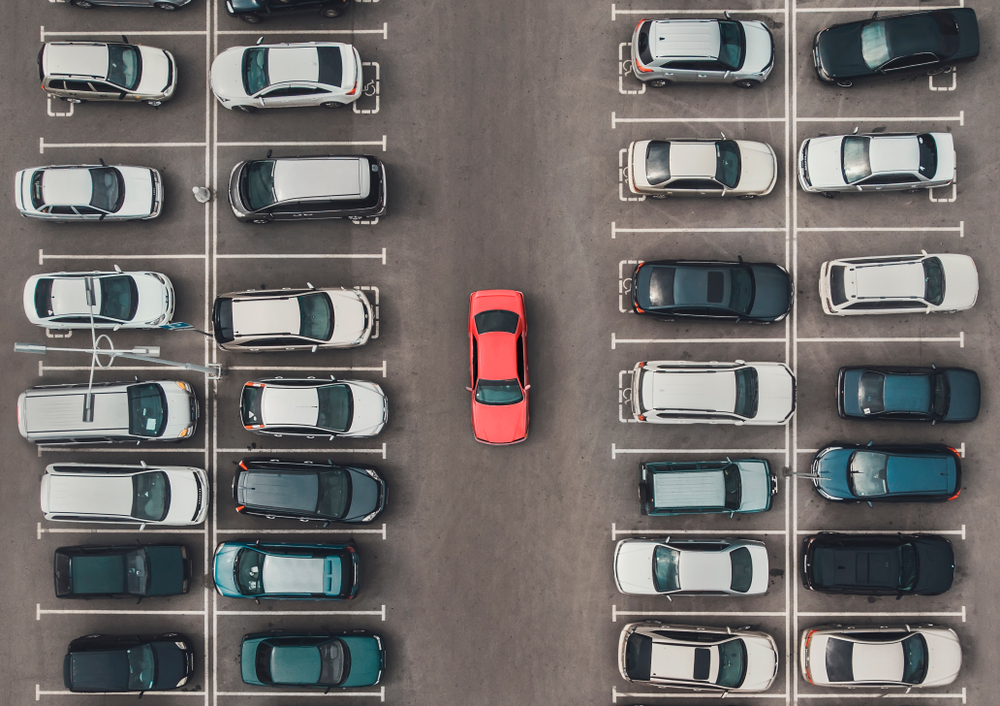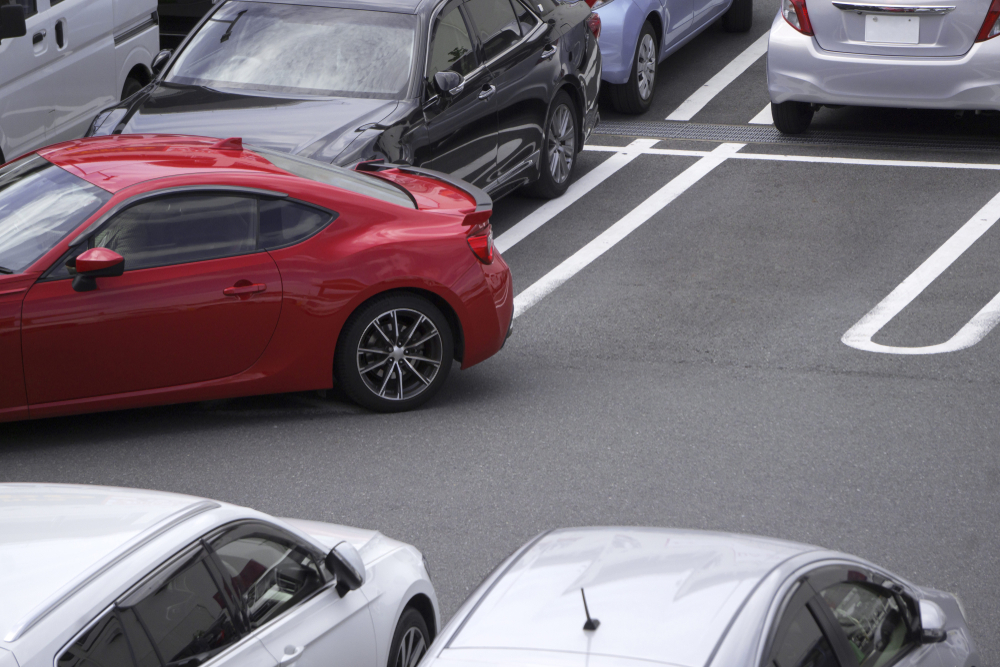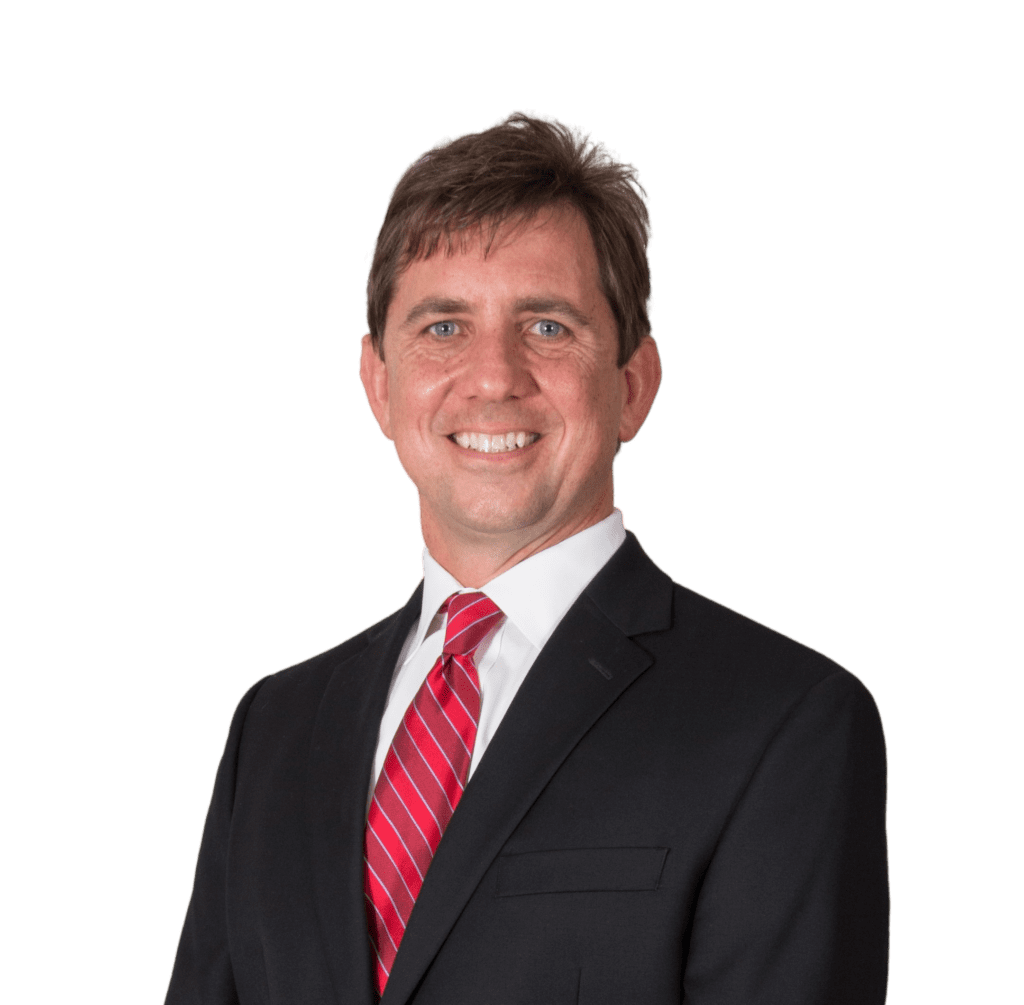
Does Car Insurance Cover Accidents on Private Property?
Does car insurance cover accidents on private property? Typically, the answer is yes, but it depends on your specific policy. Car insurance can cover incidents in places like driveways and parking lots through different types of coverage: liability, collision, and comprehensive. In this article, we’ll break down how these coverages work to protect you in such scenarios.
Here’s What You Need to Know
- Car insurance policies typically cover private property accidents through liability, collision, and comprehensive coverage, addressing different types of damages and incidents.
- Determining liability in private property accidents is more complex compared to public road incidents due to less straightforward traffic laws and varying circumstances.
- Effective communication with your insurance company and possibly hiring a car accident lawyer can help ensure fair compensation and proper handling of claims after a private property car accident.
Understanding Car Insurance Policies for Private Property Accidents
Understanding car insurance can be challenging, particularly when dealing with accidents on private property. It can be daunting to navigate the nuances of coverage in these situations. Unlike public road accidents, where traffic laws and liability are more straightforward, private property car accidents can present unique challenges. Knowing your insurance coverage and its applicability is essential to ensure you are adequately protected.
Car insurance policies typically include three types of coverage—as well as special coverages like uninsured motorist coverage:
- Liability coverage, which addresses damages or injuries caused to others by the policyholder. For instance, if you accidentally back into another vehicle in a driveway, your liability coverage would handle the damages to the other car.
- Collision coverage, which covers damages to your own vehicle from a collision, including incidents on private property.
- Comprehensive coverage, which comes into play for non-collision-related incidents, such as theft or natural disasters.
Consider this: a driver loses control and crashes into a parked car in a shopping center’s parking lot. In this case, the at-fault driver’s liability coverage would cover the damages to the parked car. On the other hand, if a tree falls on your car while parked in your driveway, your comprehensive coverage would handle the damages.
Statistics show that a significant number of car accidents happen on private property, often in parking lots where vehicles are closely packed and drivers are distracted. Understanding your insurance policy’s components can provide peace of mind and financial protection in these situations.
Key Differences Between Public Road and Private Property Accidents
Car accidents on public roads and private property differ significantly in terms of liability determination and legal implications. On public roads, traffic laws are clearly defined, and police have full jurisdiction, allowing them to issue citations and provide comprehensive reports. Conversely, on private property, determining fault can be more challenging due to less straightforward traffic laws.
Consider a parking lot accident where a driver ignores a stop sign and collides with another vehicle. On a public road, the driver would likely receive a citation, and the police report would assist in determining fault. However, on private property, the property owner might share liability if the signage was inadequate or poorly placed.
Common Scenarios of Private Property Car Accidents

Backing out of parking spaces is another frequent cause of accidents. For instance, two cars might back out simultaneously, resulting in a collision. Driveway mishaps, such as improper yielding and failure to follow parking rules, also contribute to private property accidents.
Accidents on private roads can occur due to poorly maintained surfaces or inadequate signage. Understanding these common scenarios helps in identifying potential risks and taking preventive measures to avoid accidents on private property.
Steps to Take After a Private Property Accident
Step #1: Prioritize safety by ensuring all parties are unharmed and seek immediate medical attention if necessary.
Step #2: Document the accident scene thoroughly. Take detailed photographs of the vehicles involved, the surrounding area, and any contributing factors. Collect evidence such as contact information of witnesses and parties involved, and check on any available security camera footage. This documentation will be important for your insurance claim and potential legal proceedings.
Step #3: Call the police to file an accident report.
Step #4: Report the incident to your insurance company promptly.
Determining Fault in Private Property Accidents
Determining fault in private property car accidents can be complex due to the varying circumstances and lack of clear traffic laws. Liability can also be attributed to the property owner. Factors such as negligence and specific circumstances are crucial in determining fault.
The Role of Security Camera Footage
Security camera footage can make a difference in private property car accidents by providing clear evidence of the events leading up to the accident. If there is a dispute over fault, video surveillance can serve as compelling evidence to demonstrate negligence and liability.
An experienced car accident attorney can assist in obtaining security camera footage from the property owner or on-site security. This footage can be crucial in supporting your personal injury claim and ensuring a fair outcome. By leveraging security camera footage, you can strengthen your case and increase the chances of receiving fair compensation.
Working With Your Insurance Company
Effective communication with your insurance company is crucial when dealing with private property car accidents. Here are some steps to follow:
- Familiarize yourself with your insurance policy, including coverage details and limits, to ensure fair compensation.
- Report the accident as soon as possible and provide relevant information like the police report.
- An insurance adjuster will be assigned to evaluate damages and determine compensation.
Keep records of all correspondence with your insurance company. Be clear and concise in your communication. Avoid admitting fault or providing recorded statements to the other party’s insurance without legal counsel. By following these tips, you can begin navigating the insurance claims process more effectively and potentially avoid common pitfalls.
How a Personal Injury Lawyer Can Help
Hiring a personal injury lawyer can significantly impact the outcome of your private property car accident claim. Car accident attorneys can help:
- Prove liability and determine who is responsible for the accident
- Protect your rights and fight for maximum compensation from insurance companies
- Guide you through the legal process
- Advocate on your behalf
By hiring an experienced car accident attorney, you can reduce stress and focus on recovery.
Why Choose Jay Pickering Law Firm for Your Private Property Car Accident Case?
Jay Pickering stands out as an experienced car accident lawyer who understands private property car accident cases. Our firm has a solid track record of navigating the complexities of these incidents, including determining fault and securing fair compensation for clients. We pride ourselves on offering personalized legal services tailored to each client’s unique needs.
If you have been involved in a car accident on private property and need legal assistance, contact Jay Pickering Law Firm today for a free consultation to explore your options for recovering compensation you deserve. Reach out to us anytime by phone, contact form, or by starting a chat on our website to begin getting the help you need.
Frequently Asked Questions
Does car insurance cover accidents on private property?
Yes, car insurance can cover accidents on private property, depending on the type of coverage you have, such as liability, collision, or comprehensive. It’s important to review your policy to understand your coverage fully.
How is fault determined in private property car accidents?
Fault in private property car accidents is determined based on factors such as negligence and the specific circumstances of the accident, as well as the property owner’s maintenance and signage.
What should I do immediately after a private property car accident?
Immediately after a private property car accident, prioritize safety, document the scene, collect evidence, notify authorities, and report the incident to your insurance company.
Can security camera footage help in a private property car accident claim?
Yes, security camera footage can provide crucial evidence to support your claim and help establish fault in a private property car accident.
Why should I hire a personal injury lawyer for a private property car accident?
Hiring a personal injury lawyer can help you prove liability, navigate legal complexities, negotiate with insurance companies, and ensure fair compensation for a private property car accident.

Attorney Jay Pickering brings over 27 years of unwavering dedication to personal injury law, with a sharp focus on representing those injured in car, truck, and motorcycle accidents across Alabama. A proud alum of the University of Alabama School of Law, Jay is a member of the Alabama State Bar and the American Bar Association.
